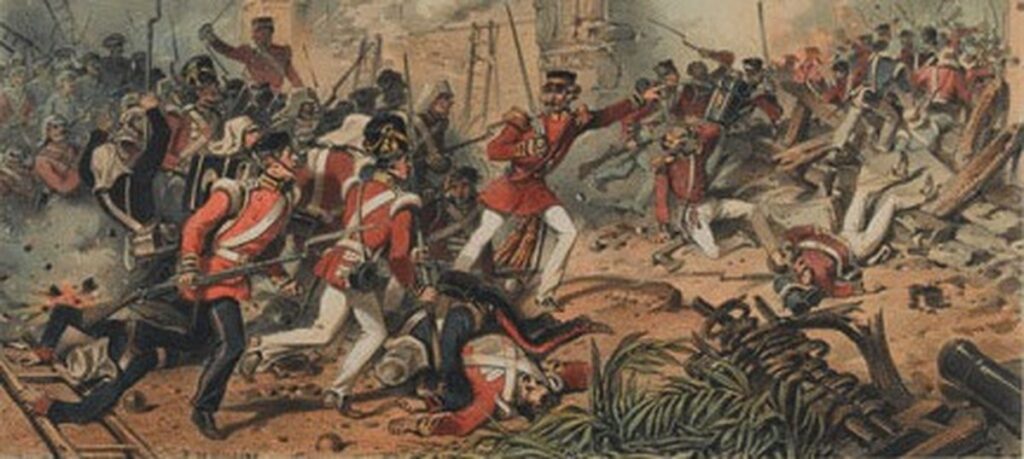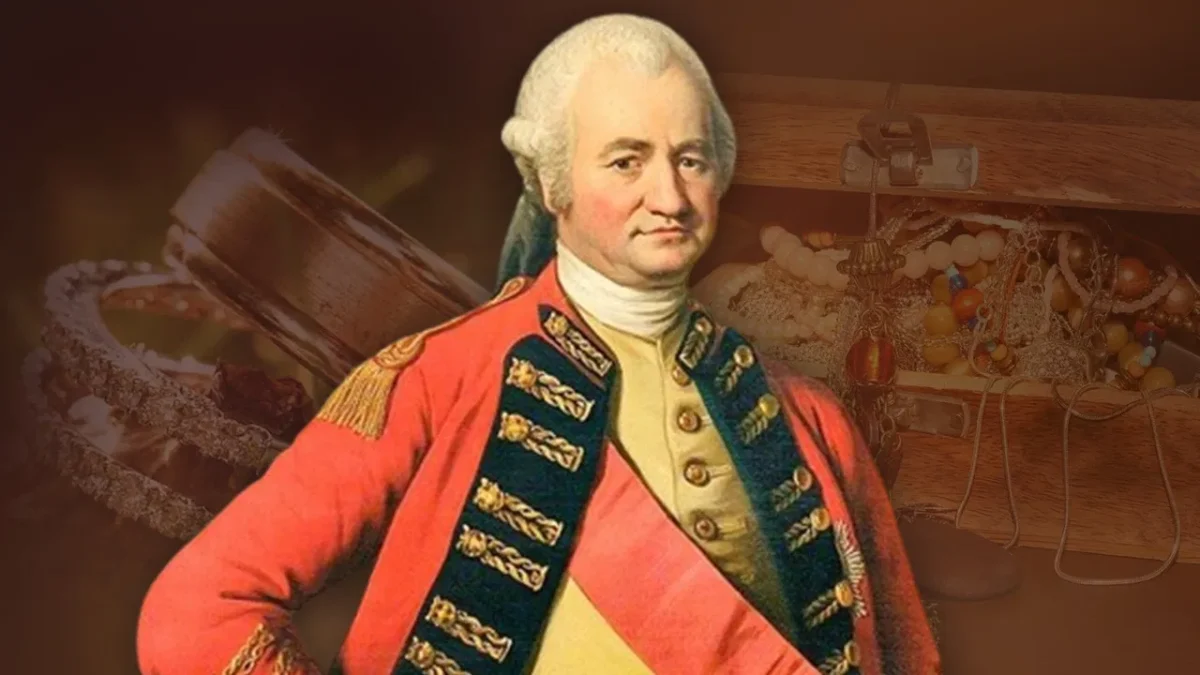
Table of Contents
ToggleThe Revolt of 1857 played a very important event in modern India. There is no consensus on whether the revolt was pre-planned or spontaneous.
The historian Kama Maclean has tried to throw light on this issue. So, she provided the example of the Prayagwal Brahmins of Allahabad.
According to her, Prayagwal Brahmins of Allahabad had bitter relations with the British. The reason for this bitter relationship was that the British had imposed a tax on the users of “Sangam” ( the confluence of three rivers in Allahabad ). The second reason was that the Christian missionaries were using the Kumbha Mela and other big fairs and congregations for the purpose of proselytizing.
So, to take revenge on the Britishers, these Prayagwal Brahmins dispersed in the village and made effective anti-British propaganda among their residents before The Revolt of 1857. Their grievances against the Britishers were both religious and economic, as their economic status was directly linked to their exclusive rights over performing rituals for the pilgrims.
They had been enjoying these rights from the days of the Mughal emperor Akbar. While the issue of greased cartridges is generally cited as having incited both Hindu & Muslim soldiers, the role of Prayagwal Brahmins in fanning out anti-British propaganda brings out a new aspect of the situation and lends credence to the view that the revolt of 1857 was after all, not all that spontaneous. Some serious planning had gone into it.
[ Source – Frontline ]


